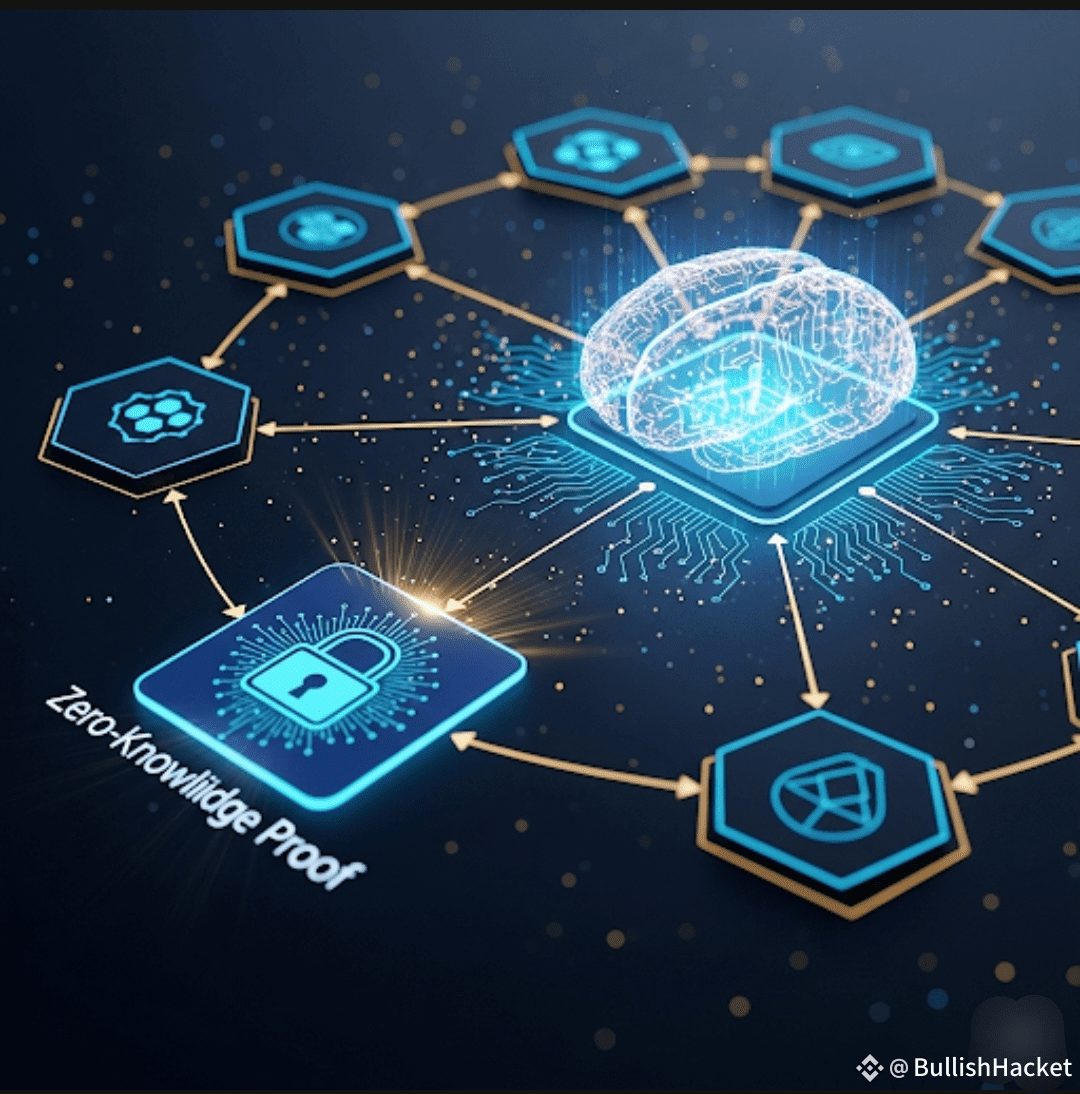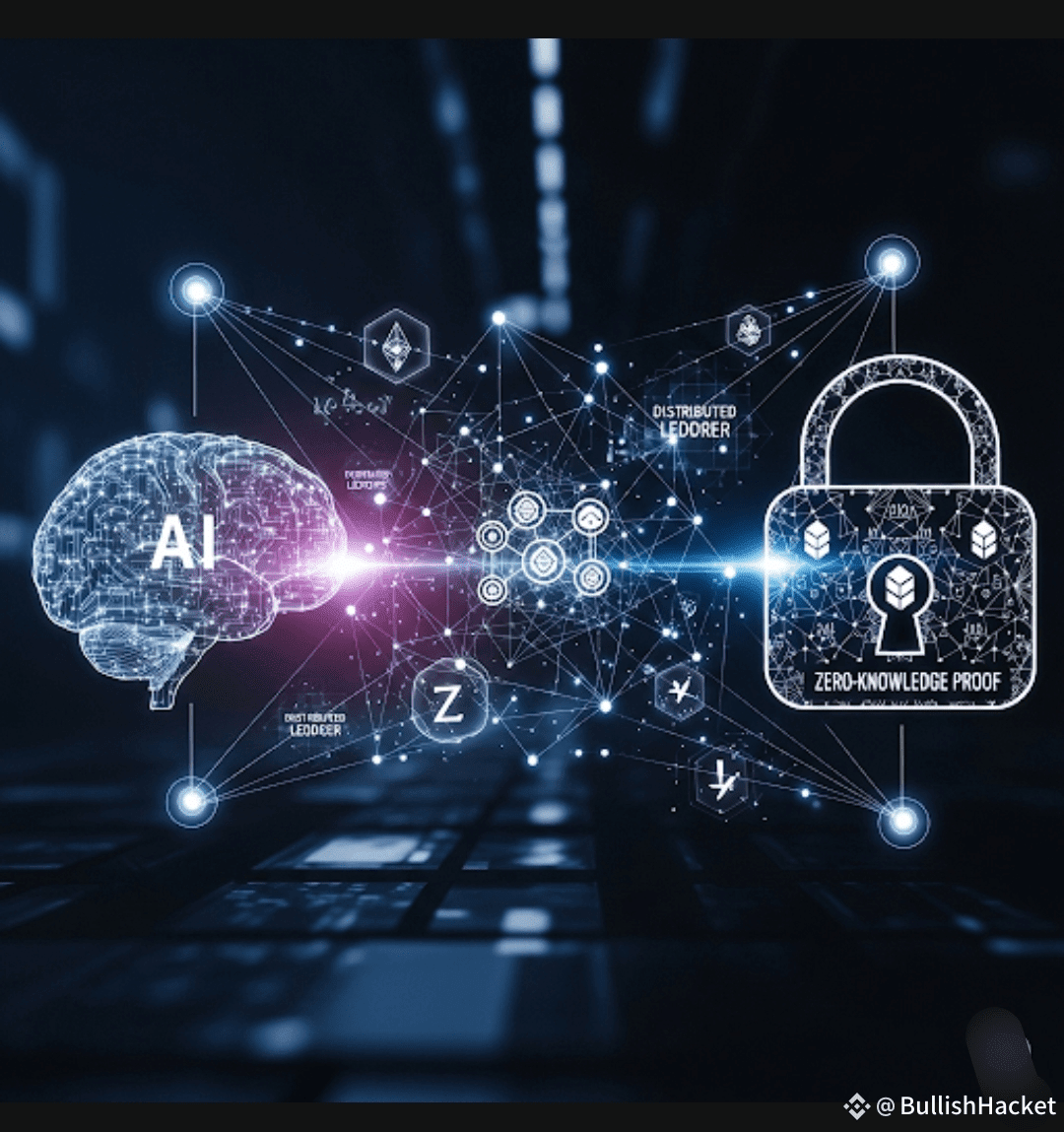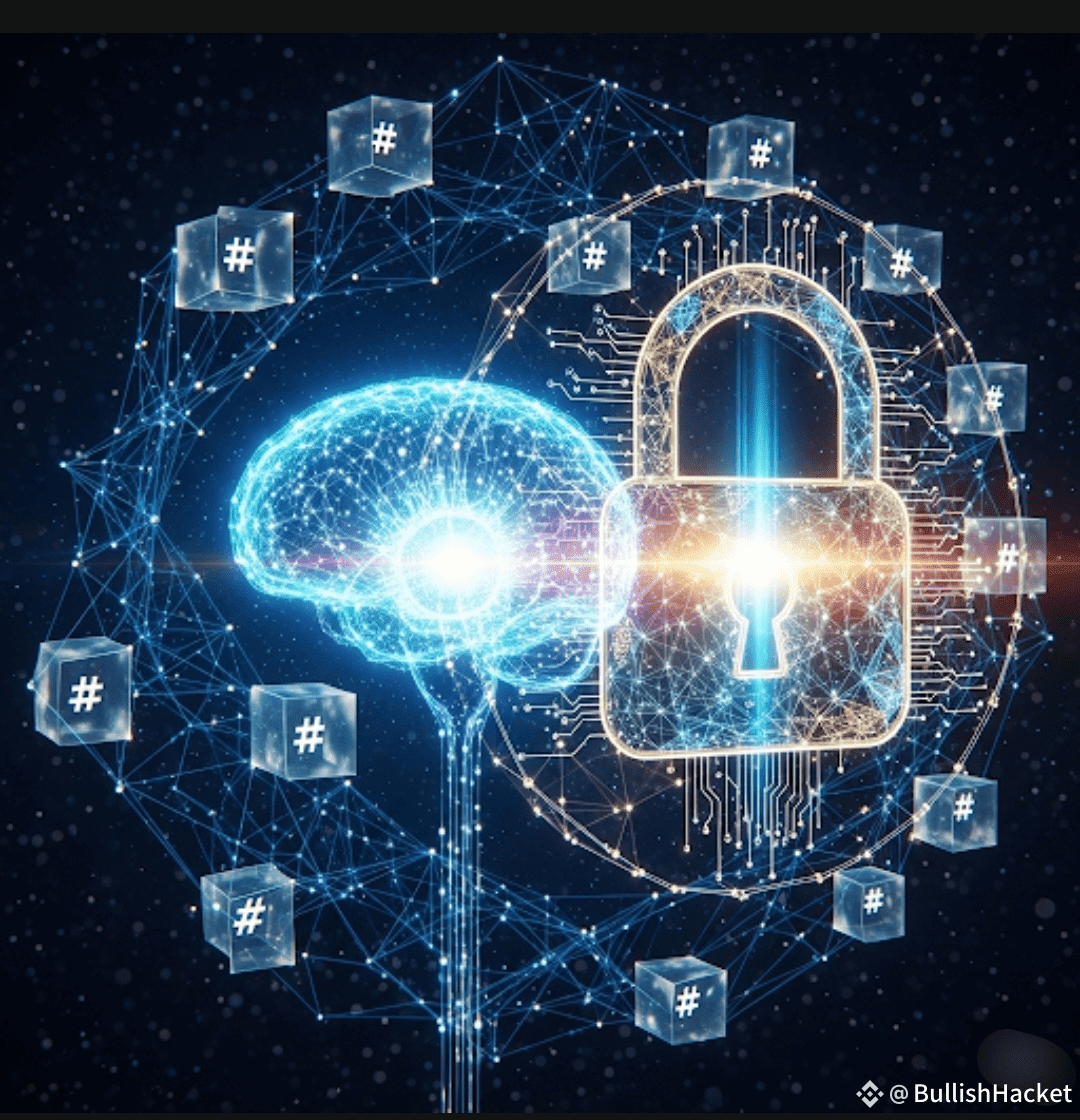In the fast-paced world of artificial intelligence, a major challenge is ensuring the integrity and fairness of decisions made by AI models. These models, often referred to as "black boxes," can influence everything from finance to healthcare, yet their internal workings are typically hidden. Lagrange, a Web3 project, addresses this issue with its groundbreaking technology, DeepProve.
What is Lagrange DeepProve?
DeepProve utilizes zero-knowledge proofs (ZKPs) to verify the outcomes of AI models without revealing sensitive information about the underlying data or the model's algorithms. This means you can get a cryptographic guarantee that an AI's conclusion is correct, all while keeping the specifics private.

This technology is critical for building trust in AI systems that operate in highly regulated and sensitive sectors like:
* Healthcare: Verifying an AI's diagnostic accuracy without exposing a patient's personal health information.
* Finance: Ensuring an algorithmic trading strategy complies with regulations without revealing proprietary trading secrets.
* Security: Auditing military or government AI systems to confirm their integrity.
How It Works: A Decentralized ZK Proof Network
Lagrange operates a decentralized ZK proof network, a global system of nodes that work together to perform complex computations off-chain. This architecture provides two key benefits:
* Integrity: Every computation is paired with a cryptographic proof that can be verified on-chain, guaranteeing its correctness.
* Privacy: The underlying data and algorithms remain hidden, but the legitimacy of the output is transparent and verifiable.
This system effectively bridges the gap between trust and privacy, a long-standing challenge in both AI and blockchain technology.

The ZK Coprocessor: A Supercomputer for Web3
At the heart of Lagrange's design is the ZK Coprocessor, a specialized computational layer that allows developers to offload intensive tasks while still maintaining trust through proofs. This can be thought of as a decentralized, trustless supercomputer that any blockchain can access without needing to build its own infrastructure.
Because the ZK Coprocessor is chain-agnostic, it can be used across multiple ecosystems like Ethereum, Solana, and Polygon. This reduces redundancy and fosters a more cohesive and compatible Web3 environment.
The LA Token: Fueling the Ecosystem
The LA token is more than just a cryptocurrency; it's the economic and governance engine of the Lagrange ecosystem.
* Incentivizing Trust: Users stake LA tokens to bid on proof-generating tasks. Successful "proof generators" are rewarded with network fees and additional tokens, creating a market for computational trust and promoting decentralization.
* Empowering Governance: LA token holders have the power to influence network parameters, approve updates, and prioritize integrations. This democratic governance ensures the platform evolves in a way that serves the needs of its community and the wider AI and blockchain industries.
Strategic Partnerships and Future Outlook
Lagrange's partnership with EigenLayer—a leading restaking and decentralized infrastructure platform—is a significant step. By leveraging EigenLayer's extensive network of node operators, Lagrange can make its verified computing services more secure and accessible.
This collaboration highlights Lagrange's ambition to become a foundational layer of the Web3 infrastructure, moving beyond niche AI applications to become a core component of a decentralized, trustless internet.
In a world where technology is advancing faster than regulation, Lagrange offers a critical solution. By integrating AI and cryptographic security, it enables a future where all digital computations are not only powerful but also verifiably trustworthy.
Lagrange DeepProve makes "black box" AI a thing of the past—by proving what's inside without ever opening the box.
@Lagrange Official #LagrangeArmy $LA


